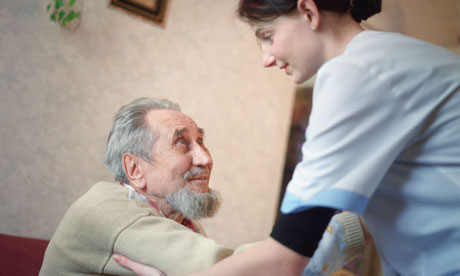Five tips for long distance caregiving
by ElderCarelink
Today's families are spread out, and moving back home when
health issues crop up isn't always an option. Whether you're one town over or
all the way across the globe, you can still make a positive impact on your
parent of loved one's life. Long-distance caregiving isn't just writing checks
for care, you can play a role helping set up doctor's appointments, managing
care and, most importantly, staying in touch and providing emotional support.
Here are a few pointers to get you started:
1. Get all the
information. You should know the names of your loved one's doctors, neighbors,
friends and pets. You should know their birthday, social security number,
medical conditions, allergies, possible treatments for ailments and allergies,
prescription medications and favorite color, too. Get it all written down, and
keep it in a file (on your computer or otherwise) -- and keep it up to date.
2. Talk with everyone
you can. Make sure you bring in the rest of your family and any close friends
of your parent or loved one. This will help you prevent any resentment or
duplicative efforts -- you aren't in this alone.
3. Get the papers in
order. A will, power of attorney, advanced directives and any other paperwork
you can think of should be filled out and on file before an emergency hits and
you're left thousands of miles away and impotent.
4. Make plans. You
should make plans to visit and plans for emergencies -- both are important.
5. Stay in touch.
Make sure you call and talk -- and not just about logistics and health issues.
Even from a distance,
your love can be felt. Don't be afraid to reach out and lend a hand.Today's
families are spread out, and moving back home when health issues crop up isn't
always an option. Whether you're one town over or all the way across the globe,
you can still make a positive impact on your parent of loved one's life.
Long-distance caregiving isn't just writing checks for care, you can play a role
helping set up doctor's appointments, managing care and, most importantly,
staying in touch and providing emotional support.


No comments:
Post a Comment